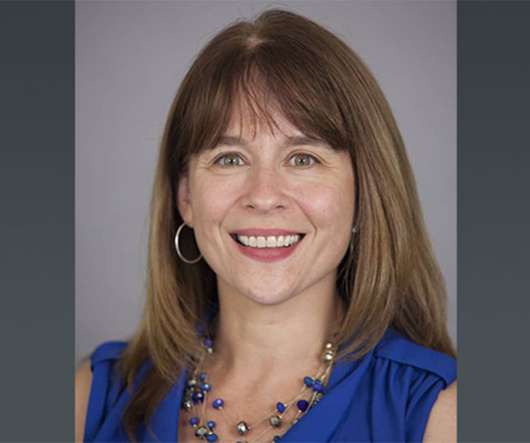Rush Medical Center’s Caring for Caregivers Program
Hospice News
JULY 2, 2024
In addition to quantifiable financial pressure, in-home elder care has other costs for caregivers, according to Ellen Carbonell, LCSW, caregiver programs consultant in the department of Social Work and Community Health at RUSH University Medical Center, told Palliative Care News.












Let's personalize your content